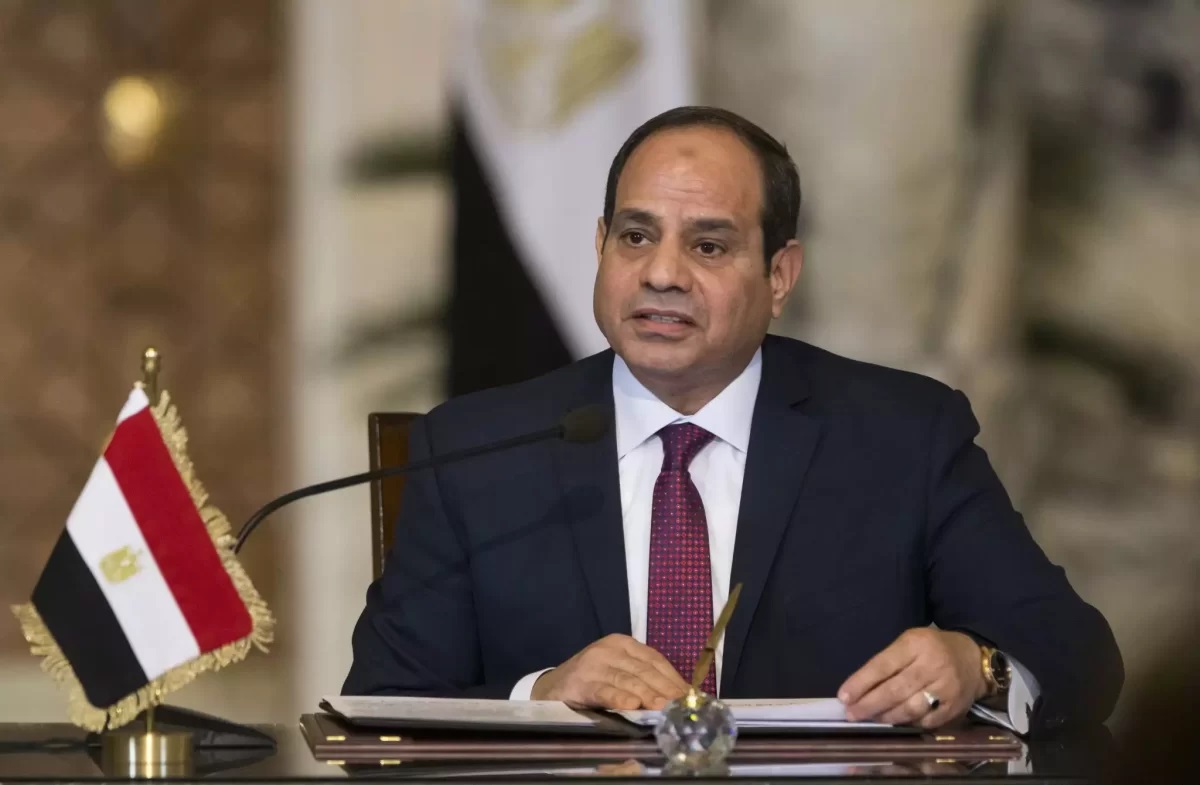


As President Abdel Fattah El Sisi navigates the complex landscape of regional conflicts and domestic challenges, Egypt finds itself grappling with a worsening economic crisis and increasing international strain. The ongoing Israel-Gaza war, which began on October 7, 2023, has had profound implications for Egypt, particularly in terms of humanitarian concerns and geopolitical positioning. The conflict has resulted in approximately 41,500 Palestinian civilian deaths, intensifying the humanitarian crisis in Gaza and prompting Egypt to take a more active diplomatic role in the region. [1acec529]
In recent developments, President Al-Sisi met with a delegation from the US House of Representatives on October 19, 2024, to discuss regional stability, emphasizing the need for a ceasefire and humanitarian aid. The meeting underscored Egypt's role as a mediator and highlighted the importance of international pressure to facilitate peace efforts. However, the US Congress has also raised concerns regarding Egypt's military activities in Sinai, viewing them as a strategic threat and discussing violations of the 1979 peace treaty with Israel. [5ca11b95][ef5763c7]
The economic situation in Egypt has deteriorated significantly, with rising debts and public discontent. The country is increasingly dependent on Gulf states for financial support, as evidenced by a $50 billion bailout led by the UAE announced in February 2024. This financial assistance is crucial for Egypt as it faces mounting pressures from both domestic unrest and international scrutiny. [1acec529][ef5763c7]
In a notable shift, the US has redirected $90 million in military aid originally designated for Egypt to Lebanon, reflecting a recalibration of American support amid Egypt's economic paralysis. This move indicates a potential redefinition of Egypt's relationships with its allies, particularly as public anger grows over the government's handling of the economic crisis. [ef5763c7]
Despite these challenges, the United States plans to continue providing military aid to Egypt, including a recent approval for the sale of 720 Stinger missiles for $740 million. This military support underscores the strategic partnership between the two nations, even as Egypt's internal and external challenges mount. [1acec529]
As Egypt grapples with its role in the Israel-Gaza conflict and the implications of its economic struggles, the interplay of political, economic, and security factors will continue to shape the nation's future. The evolving narrative reflects a nation at a crossroads, seeking to balance its diplomatic efforts with the pressing demands of its citizens and international partners. [1acec529][ef5763c7]